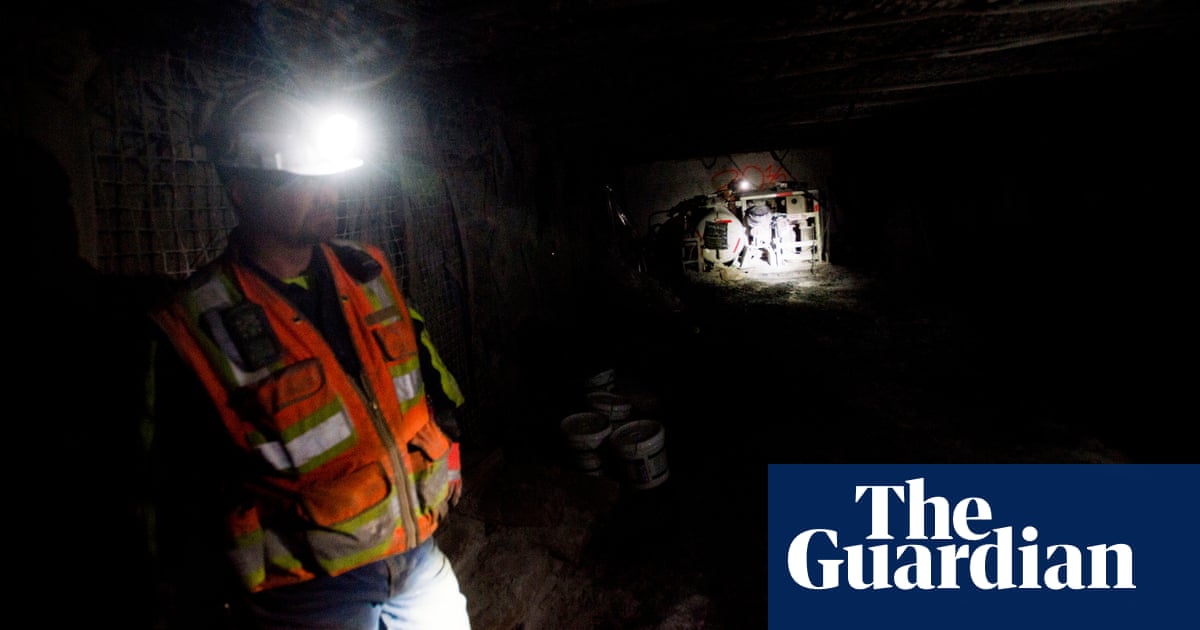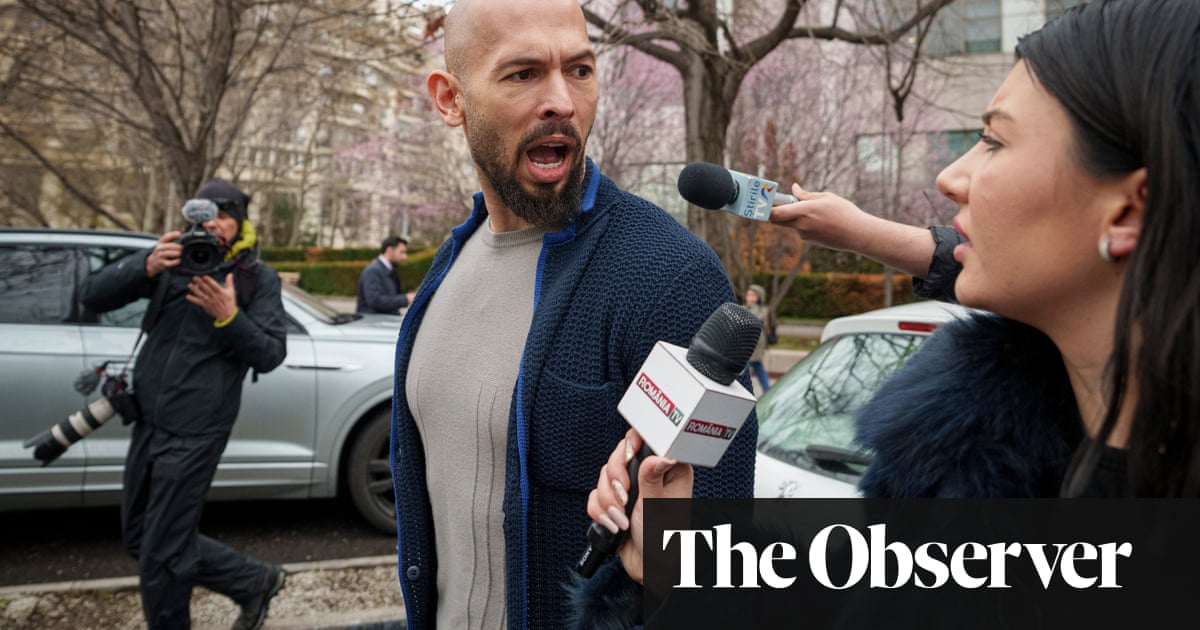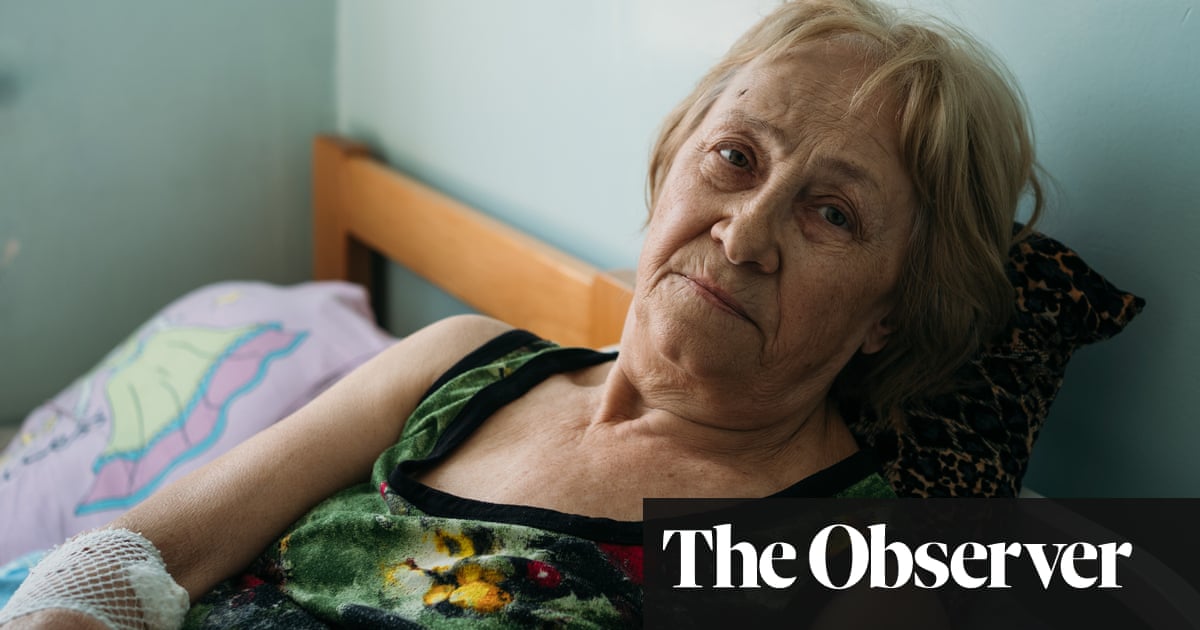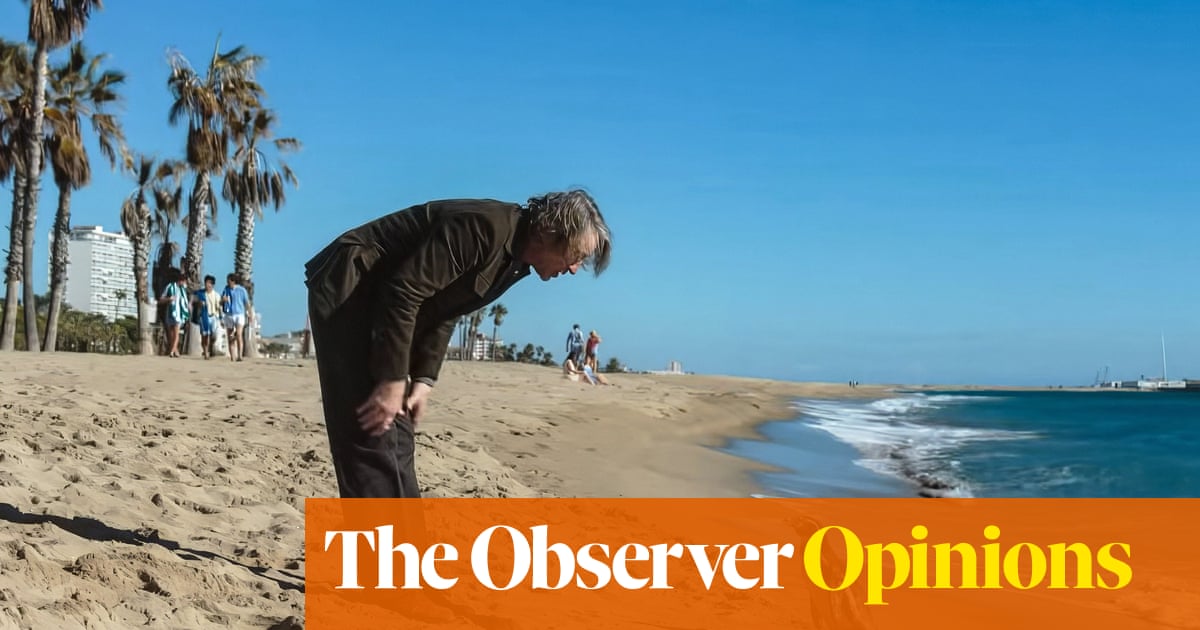‘If only we had never left home … but it was our destiny.” The speaker is Rocco, played by Alain Delon – coltishly beautiful and yet innocently sensitive as he perhaps never would be again – in Luchino Visconti’s operatically magnificent family epic from 1960. The original music is by Nino Rota, but you can imagine Verdi or Puccini wanting to score this movie, especially in the crazed and self-hating anguish of its final scenes.
Veteran Greek actor Katina Paxinou plays ageing widow Rosaria; she is originally from southern Italy and after the death of her husband, exhausted by decades of backbreaking agricultural toil, has come to Milan with four of her five sons, looking for an aspirational new start in the prosperous north. These are tough, slovenly Simone (Renato Salvatori), serious Ciro (Max Cartier), the youngest Luca (Rocco Vidolazzi) and of course Rocco himself. Their other brother Vincenzo (Spiros Focás) is already there, engaged to Ginetta (Claudia Cardinale), whose parents are nakedly hostile to this entire, uncouth southern clan suddenly turning up and showing every sign of wanting charity. But Rosario and her boys get social housing; Ciro gets a job with Alfa Romeo, Luca as a grocer’s delivery boy, Rocco gets a job in an ultra-modern dry cleaner’s and Simone fatefully tries his luck as a boxer.
But Simone is only to find, to his jealous rage, that Rocco is easily better than him at boxing, a sport in which Rocco isn’t even interested (as well as everything else, Rocco and His Brothers is an iconic boxing movie), and that he is now having a passionate affair with a woman who once rejected him, perhaps because she could not quite bring herself to say she was going to prison on a charge connected with prostitution. This is Nadia, unforgettably played by Annie Girardot, a woman with considerable, if very jaded, style and a distinct courage in the unsentimental way she talks about being in jail. It is Nadia who must finally submit, in a crucifixion pose, to her final, terrible fate at the hands of angry and obsessed Simone.
It is probably now, watching this film again, that I can see its importance of spiritual exile, how Rocco, like his mother, is to become increasingly preoccupied with memories of their southern homeland, memories angrily consecrated and intensified by secretly knowing that they are sentimentalised and that they have no real intention of ever going back. Coppola and Scorsese were later to show how the Italian-American experience of migrant longing was built on something very complex; they were already homesick. Like Fellini and Antonioni, Visconti also shows the strange new urban-pastoral landscape of the modern postwar housing projects rising up on the city’s margins.
Everything in this film is composed and performed with such fluency, richness and attack; scene follows scene in a compulsive, addictive way with the characters periodically and rather mysteriously announced with their names as chapter headings, and yet the subsequent action is not obviously concentrated on that figure. My favourite part is the glorious “date” sequence with Rocco, on military service and handsome yet callow in his uniform, who gets taken for a coffee by the skittish Nadia, responding to his shy admission that he thinks she might be scared of something. They hold hands over the table: a beautiful moment of tenderness which the ugly and violent Simone picks up on almost telepathically. The rape scene exposes Simone’s toxic masculinity – that phrase is more applicable to him than any male movie character I can think of – and his contemptible, impotent anguish. Later, a washed-up has-been, Simone is humiliated by gym owner Morini (Roger Hanin) in an ambiguously gay moment in his apartment, one of the film’s minor notes of unspoken homoeroticism.
There’s another superb scene, all the more striking in that it concerns a character who appears only briefly: the dry-cleaner owner Luisa, wonderfully played by Suzy Delair, who is cynically seduced by the unspeakable Simone so that he can steal her brooch. She is so lonely and so passionate that even her absence after her key moment flavours the rest of the film. (Every time I see this, I wonder about that stolen brooch. What did Rocco do with it? Sell it? Couldn’t he get it back to Luisa?)
It is Luca who is to have the film’s final, heart-wrenching scene and a long walk away from the camera having been entrusted by Ciro with the destiny of surpassing all of his elder brothers – doing better than all this tragic chaos and achieving a rational, prosperous life that they cannot imagine. Perhaps Luca will, or perhaps he will never forget what he has seen or rid himself of his poignant loyalty to abject, wretched Simone. It is a compelling experience.

 3 months ago
42
3 months ago
42













































